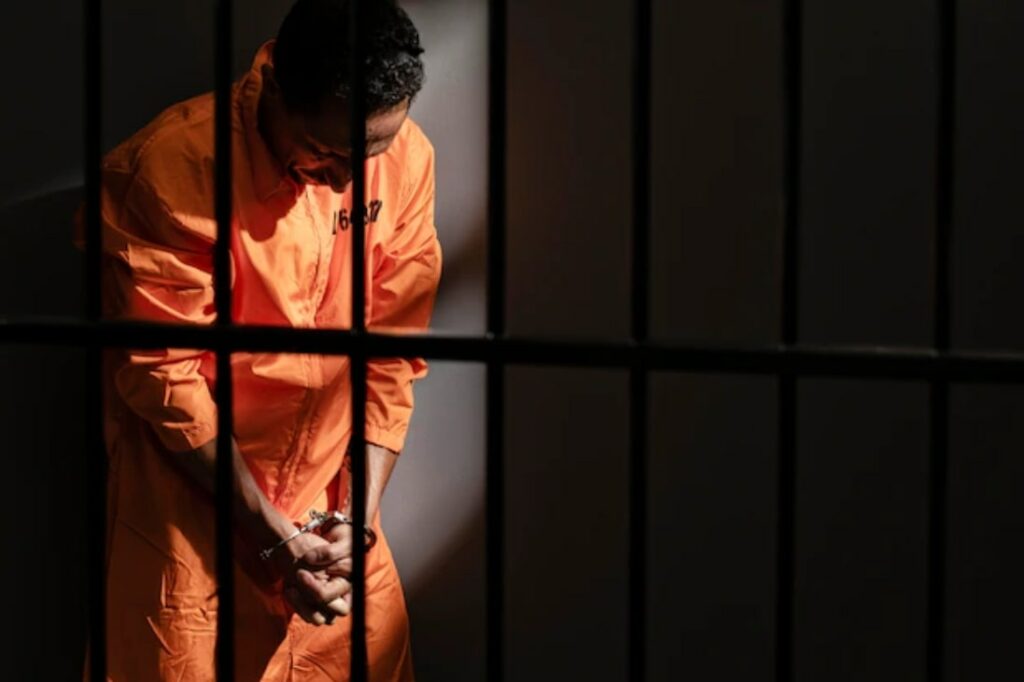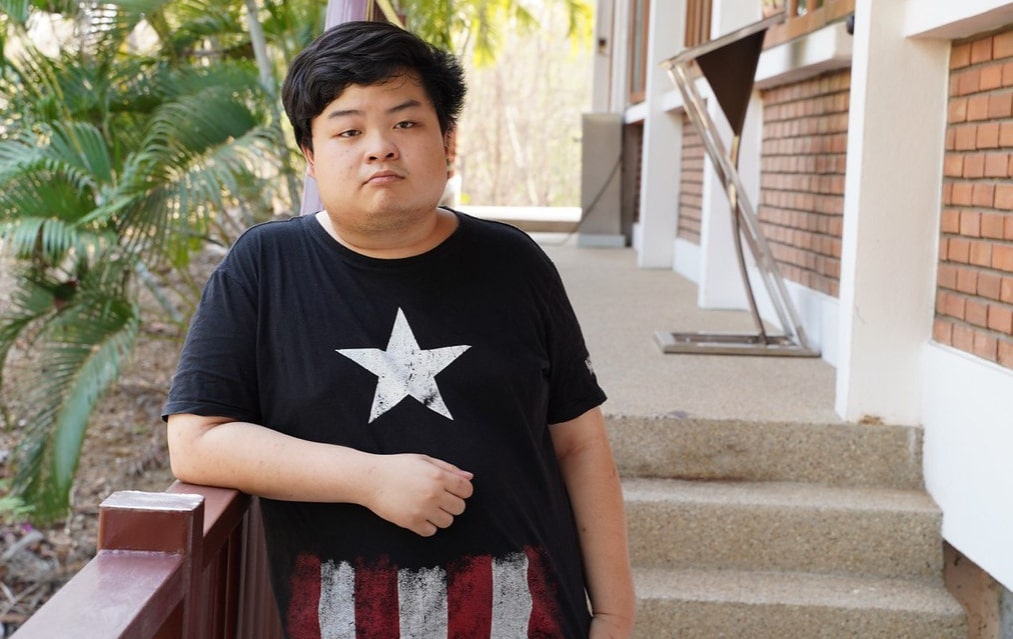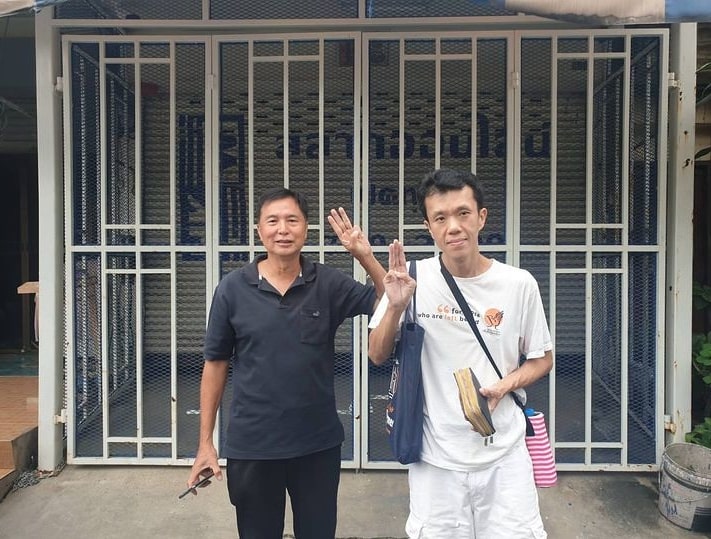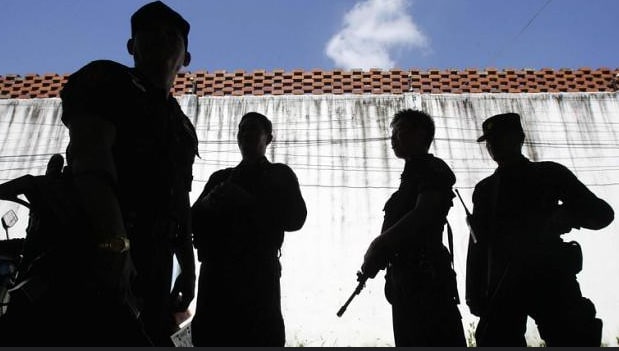Categories > Guides and Tips

What Happens if You Insult the King of Thailand?
Insulting the King of Thailand is against the law and can land the guilty party in jail. This is due to the Lese-majeste law which states that it is illegal to threaten, insult and defame the monarch of Thailand.
The law’s original intention was to protect Thailand’s national security by protecting the monarch from threats and defamation. However, Lese-majeste has been criticised to be broadly applied in terms of what classifies as an insult and its application by association.
There are a few publicised Lese-majeste cases so let’s use these to look into what happens if you insult the King and the monarchy of Thailand and the legal repercussions of such acts.
Lese-majeste: The Law Against Insulting the Thai Monarchy

Lese-majeste is a crime of injury against the Thai monarchy. Its provisions are in Article 112 of the Criminal Code of Thailand which states that individuals can be punished for three to fifteen years if they threaten, insult, or defame the Thai monarchy.
The said law was enacted way back in 1908 but its current use has been alleged to be politically motivated. According to critics, Lese-majeste has become a political weapon designed to suppress and legally attack political opponents.
Lese-majeste also allows anyone to approach the police to file a complaint and due to the severe punishment, critics also claim that the law is used to effectively control members of society who are critical of the country’s leaders.
What happens once a Lese-majeste complaint is filed?

Once a Lese-majeste complaint is filed, the police are required to officially investigate the complaint. Most of these investigations are kept confidential and based on Article 112 of the Thai Criminal Code, defendants may be met with obstruction charges as well.
Defendants will then be arrested and will have to undergo pretrial detentions that can last for months. Based on jurisprudence, bail for those charged was routinely denied by Thai courts.
During the trial, defendants are also not granted the benefit of the doubt by Thai courts. The prosecution also did not need to prove the allegations’ factuality but rather they only needed to claim that the allegations were indeed defamatory.
Once sentenced, the accused can take the quickest route to freedom by asking for a royal pardon but only after pleading guilty. Doing so can have the accused’s jail time significantly reduced instead of the original three to fifteen years in jail.
Individuals charged with Lese-Majeste
1. Thaluwang Activist Group

The Thaluwang Activist Group is an activist group who are pro-democracy and led by students who want to reform certain aspects of the Thai government. In 2022, three members of the said group were arrested by Thai police on Lese-Majeste charges.
Benchamaporn “Ploy” Niwat, Natthanich “Bai Por” Duangmusith, and Supitcha “Maynu” Chailom, all members of the said group, were stopped and detained by police as they were travelling to Cha-Am based on the warrant of arrest presented by the authorities.
The arrest warrant was issued by Family Court and Criminal Court and Central Juvenile Court and accused Ploy, Bai Por, and Maynu of violating the Computer Crime Act and the Lese-majeste Law.
The Thaluwang Activist Group has been conducting surveys on the street on politically sensitive matters pertaining to reforms within the government including the Thai monarchy. However, the three activists have specific charges alleged against each one.
Ploy, aged 17, has been charged for joining a pro-democracy protest in 2020 alleging that she violated an emergency decree.
Bai Por, aged 20, who conducted a street survey in February of 2022, was charged with sedition and Lese-majeste.
Maynu, aged 18, did a political speech back in 2020 and was charged with Lese-majeste as a result.
All three were then held in pre-trial detention for three months. In August of 2022, Bai Por and other detainees who held a hunger strike for more than two months were released on bail.
2. Thanakorn Siripaiboon
Thanakorn Siripaiboon was arrested for mocking the Thai King’s dog via Facebook back in 2015. In the case of Thanakorn, it was the Thai Military authorities who filed the case against him, landing him in Bangkok Military Court to face charges.
Thankorn is a 27-year-old factory worker who allegedly posted sarcastic posts toward Thong Daeng, the King’s dog. However, the charges filed against him by the military did not specify what kind of insult Thanakorn posted.
Thong Daeng which translates to copper in Thailand is well-loved by the Thais. In fact, a movie about the king’s dog entitled “Khun Tongdaeng: The Inspirations” became Thailand’s second top film at the box office when it was released.
Aside from charges of Lese-majeste, Thanakorn also faces charges based on Article 116 of the Thai revised Penal Code for sedition due to Thanakorn’s allegation of corruption against members of the ruling party.
If he is found guilty of all charges, he could face up to thirty-seven years in jail. Unfortunately, the fate of Thanakorn and the status of his case remains unknown as of 2018.
3. Parit “Penguin” Chiwarak

Since 2020, activist groups led by youths and students have called for the reform of the monarchy, amendment of the Thai constitution, and for the Prime Minister of Thailand to step down from his post.
Parit has been involved in numerous activities supporting these advocacies. This includes a protest in June 2020 to question the disappearance of a Thai activist, a public protest in front of a police station, and a “Free Youth” political protest in Bangkok.
All of these activities got the attention of authorities and Parit was first arrested in August 2020 to face numerous charges such as Lese-majeste, sedition, and violation of cleanliness laws.
As of February 2022, Parit “Penguin” Chiwarak has been granted bail to allow him to continue studying at Thammasat University. However, he still has to face 43 different charges and was only released on bail with the promise to observe certain “conditions”.
These include refraining from using social media to post politically sensitive messages and avoiding joining political activities. He also cannot leave the country without permission, must stay home from 6:00 PM to 6:00 AM, and wear an ankle monitor 24/7.
4. Somyot Pruksakasemsuk

Somyot Pruksakasemsuk is a pro-democracy activist and a Thai Magazine editor who was imprisoned for seven years for violating the Lese-majeste law. He was only released in 2018 after serving this prison sentence.
Somyot was arrested way back in 2011 for writing anonymous satirical articles in the magazine “Voice of Thaksin”. In 2013, he was found guilty of violating Lese-majeste law for insulting the Thai monarchy.
Before finishing his prison sentence, fifteen appeals were submitted by Somyot’s defence lawyers. All fifteen appeals were denied.
Somyot’s family members were also not spared from the implementation of the Lese-majeste law. In 2014, members of the Military did a raid in Somyot’s house and arrested his son and his wife.
They were released the next day with a warning to abstain from joining political activities, making political comments, and giving out interviews with politically sensitive topics.






